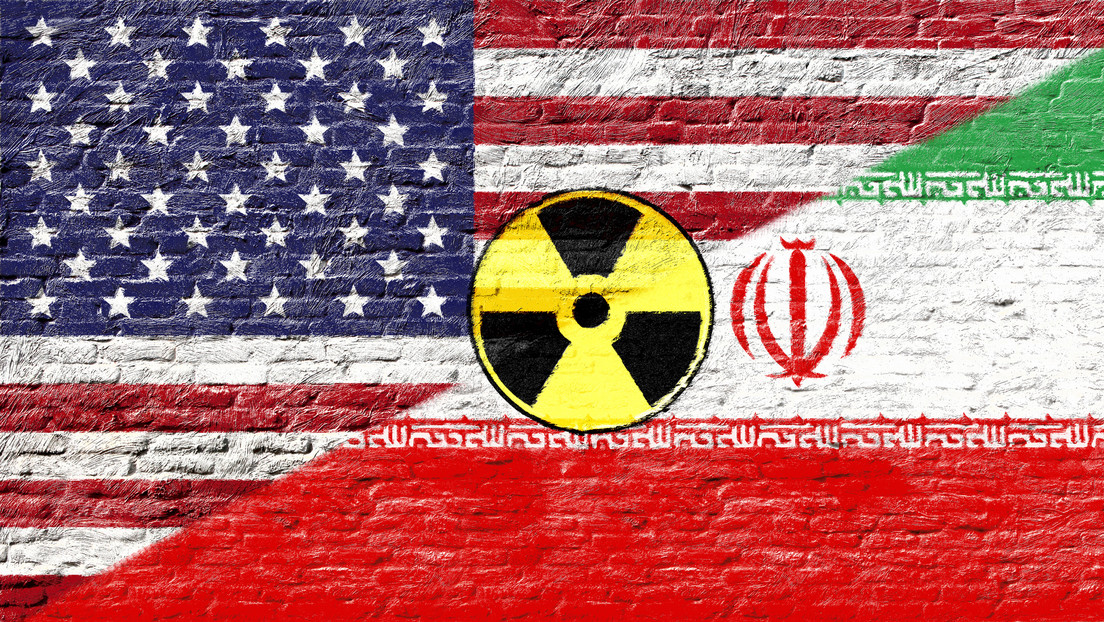WASHINGTON: According to the State Department, the US and Iran are close to striking an agreement on renewing the 2015 nuclear deal that limited Tehran’s nuclear weapons programme.
“We’re getting close to an agreement, but we’re not there yet,” said State Department representative Ned Price.
As the war in Ukraine rages on, diplomats trying to salvage the languishing 2015 Iran nuclear deal appear to be near the cusp of a deal that would bring the U.S. back into the accord and return Iran to compliance with limits on its nuclear program. https://t.co/B40W7O8vUx
— The Associated Press (@AP) March 17, 2022
“We believe the remaining gaps can be filled,” said Ned Price, USA government spokesperson.
Since taking office, the Biden administration has made it a priority to re-begin the 2015 arrangement known as the Joint Comprehensive Plan of Action, or JCPOA.
The agreement, which was once a signature foreign policy achievement of the Obama administration, during which now-President Joe Biden served as vice president, was abandoned in 2018 by then-President Donald Trump, who dubbed it the “worst deal ever negotiated.” Trump restored and expanded US sanctions that had been lifted on Iran.
Iran’s existing threat, according to the Biden administration, would become immensely more terrible if it were to achieve a nuclear weapon. Opponents of the deal, largely but not exclusively Republicans, claim that the original agreement offered Iran a path to gaining a nuclear weapon by eliminating many restraints through so-called “sunset” clauses. It would gradually ease certain limitations because of these stipulations.
Iran attacked the northern Iraqi city of Irbil with missile attacks near the US embassy compound over the weekend, raising both sides’ disputes.
The strike, according to opponents, proved that Iran is untrustworthy and that no sanctions relief should be granted to it. It demonstrated to the government that if Iran gets a nuclear weapon, it will be a larger threat.
“What it emphasises for us is that Iran poses a threat to our allies, partners, and, in certain circumstances, the United States, across several areas,” Price said. “A nuclear-armed Iran, or an Iran on the verge of gaining a nuclear weapon, would be the greatest immediate threat we would face.”
Works at The Truth International Magazine. My area of interest includes international relations, peace & conflict studies, qualitative & quantitative research in social sciences, and world politics. Reach@ [email protected]










